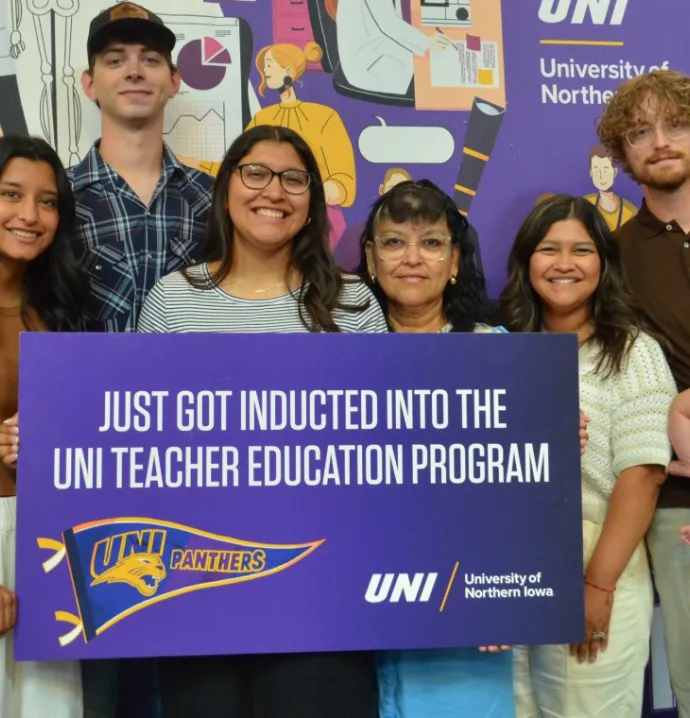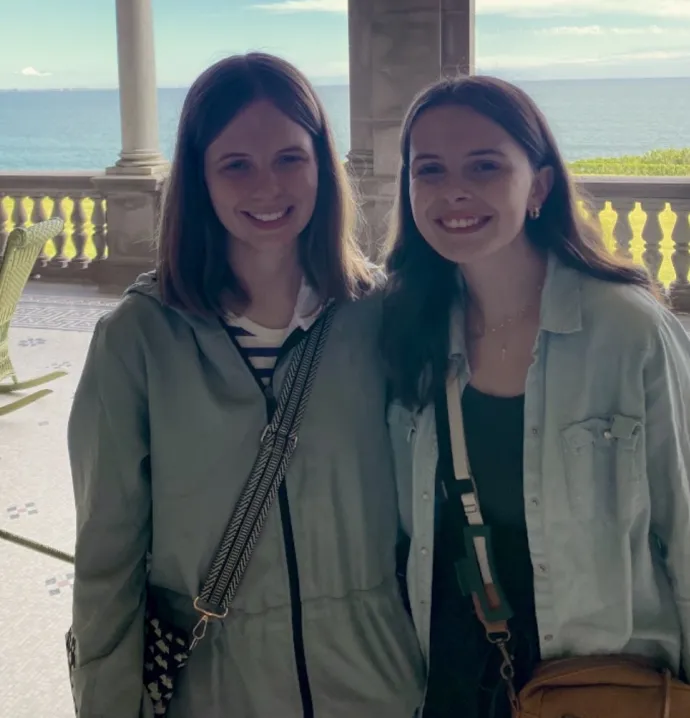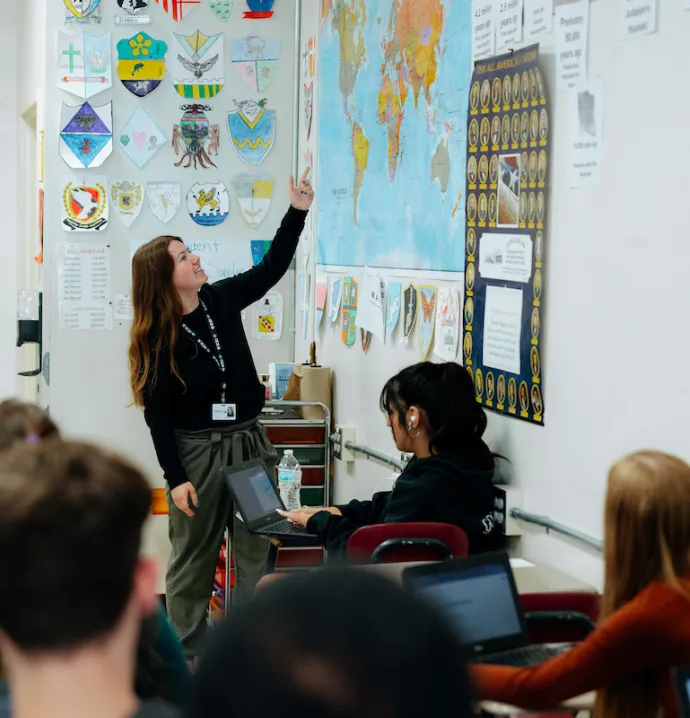Managing parks at the top of the world
Managing parks at the top of the world
Sam Braband has a job where the concept of “working from home” doesn’t really apply.
As chief ranger for the northern region of the Alaska State Parks, the University of Northern Iowa alum is never quite certain what a day will bring. Tasked with helping oversee, maintain and enforce hundreds of thousands of acres of rugged, backcountry wilderness on the untamed fringes of the country, Braband could be responding to a wildfire or maintaining snowmobile trails or chasing wildlife from a campground. It’s what he loves about the job.
“There’s so much diversity to what I do in this job,” said Braband, who graduated from UNI in 2010. “It keeps me on my toes and excited to go to work.”
And when COVID-19 hit and travel restrictions became more onerous, it would seem logical that park attendance might dip. But the opposite occurred. The pandemic prompted a marked increase in park attendance, as Alaskans, who are used to frequently traveling outside the state to see friends and family, were kept in by the travel restrictions.
“We saw more use in our park units this last season than years prior,” Braband said. “And I think it's because people weren't leaving the state. It was busier and more challenging in a lot of ways.”
The increased attendance made normal occurrences more dire, especially those forces over which a global pandemic holds no sway. Wildfires, for instance.
Recently, in late June, an Alaska Fire Service helicopter spotted a column of smoke. The fire started slowly, but by early July had rapidly increased in size, prompting Braband to clear and close trailheads and prepare for an evacuation. One morning, he woke up at 6 a.m. to a call that a bear had gotten into the kitchen of a fire service crew.
Other days could be more mundane, where Braband would make contact with campers and hikers at trailheads. And then there are times when Braband enforces laws and restrictions. As a member of the U.S. Forest Service, Braband is a fully commissioned peace officer.
“I’ve responded to some pretty hot calls with the Alaska State Troopers,” Braband said. “I’ve been the first responder for someone who got shot and helped track down an arsonist.”
Chasing out bears and catching arsonists wasn’t on Braband’s mind when he came to UNI from Des Moines Valley High School. He only knew he wanted a different experience.
“I was really looking for a unique experience where I could branch out on my own,” Braband said. “And I’m really happy with my decision to attend UNI because I had an awesome time there.”
While he earned his degree in leisure, youth and human services with an emphasis on outdoor recreation, Braband threw himself into outdoor works. He helped with trail construction and controlled burns with the Tallgrass Prairie Center and worked with the Outdoor Recreation Program guiding students on trips.
He also participated in the national student exchange program, traveling to the University of Alaska southeast, where he earned a certificate in outdoor studies and picked up lessons in ice climbing, mountaineering, glacier travel, crevasse rescue and others.
For Braband, UNI offered everything he could imagine.
“The sky was the limit. You're only limited by your own imagination,” Braband said. “If you wanted to do something you could probably figure out somebody to help support you and help make that happen.”
After graduating, Braband joined the trail crew of the U.S. Forest Service in the Bob Marshall Wilderness in northwest Montana, where he also spent two years working as a river ranger. He also worked with the outdoor recreation programs of both Sacramento State University and the University of Alaska Fairbanks before becoming the chief ranger of the northern region of the Alaska State Parks.
And while park activity and attendance is starting to come back to normal, he said he looked back on the frantic year of COVID fondly.
“Being able to connect with the natural world is really important for our human existence and I think during stressful times having some place in nature that you can go and kind of recharge and restore is really critical,” Braband said. “And while our park units were in some ways overwhelmed by COVID, it definitely felt good to be able to be a part of providing that kind of escape for people during the pandemic.”




